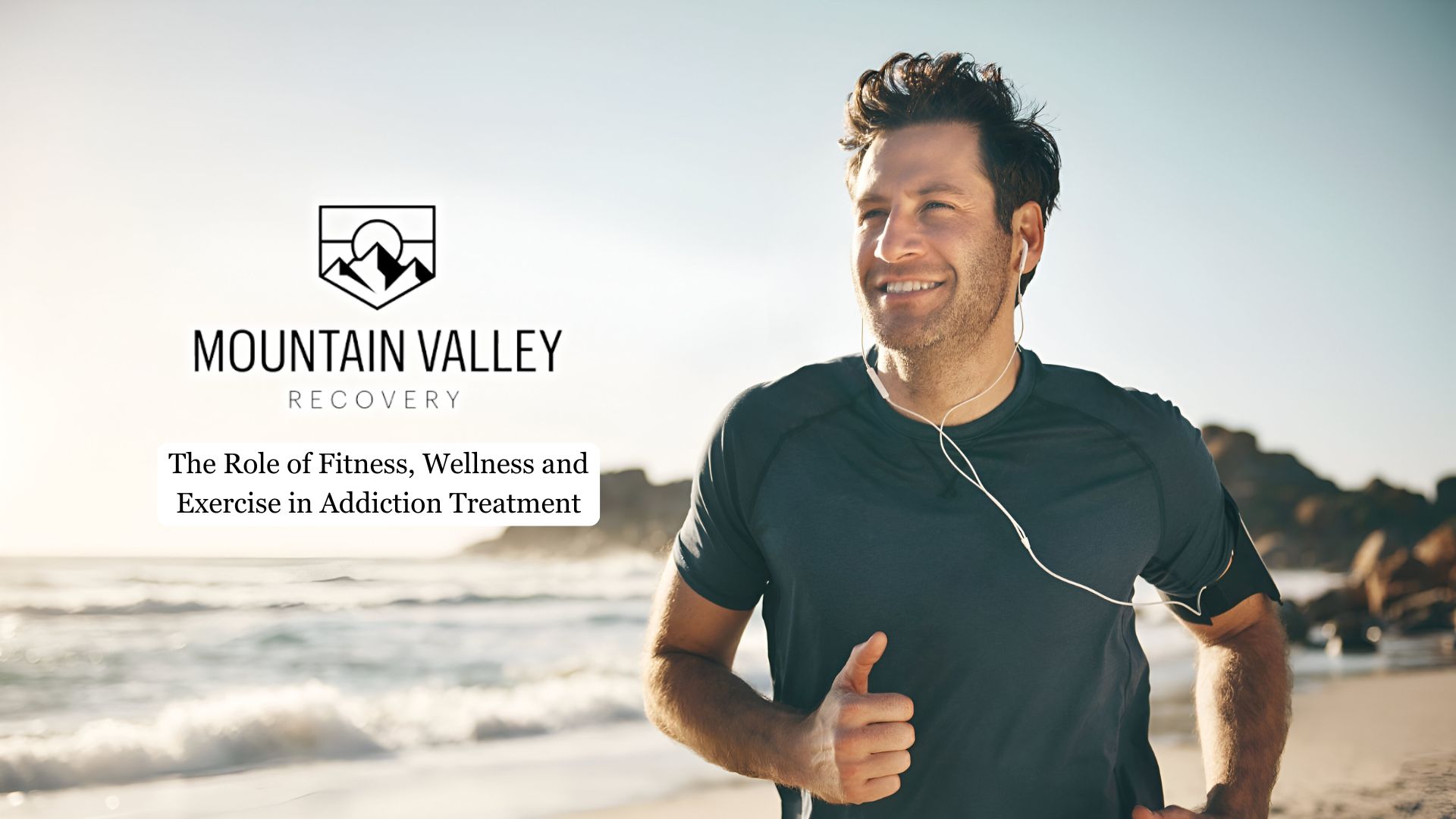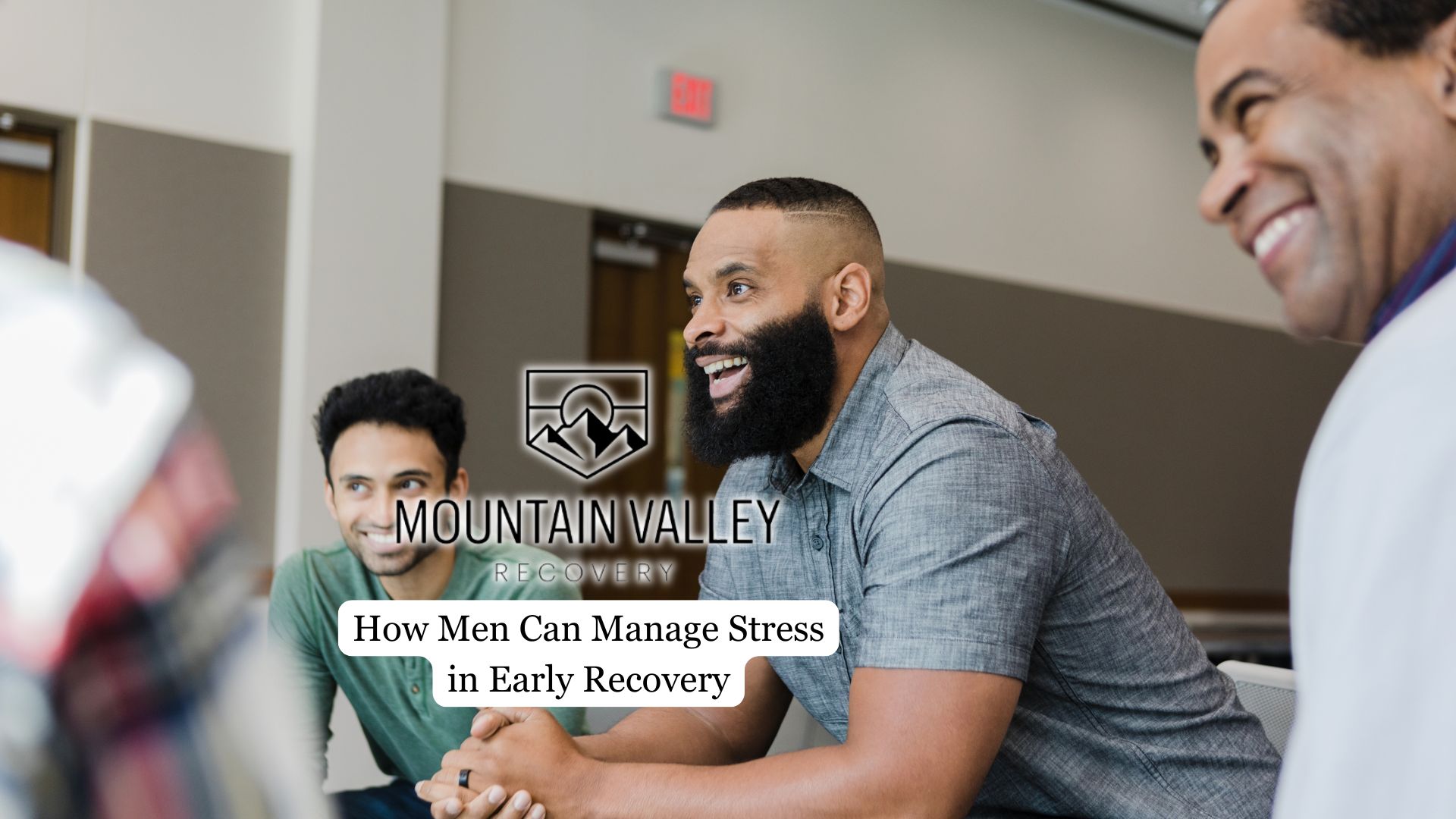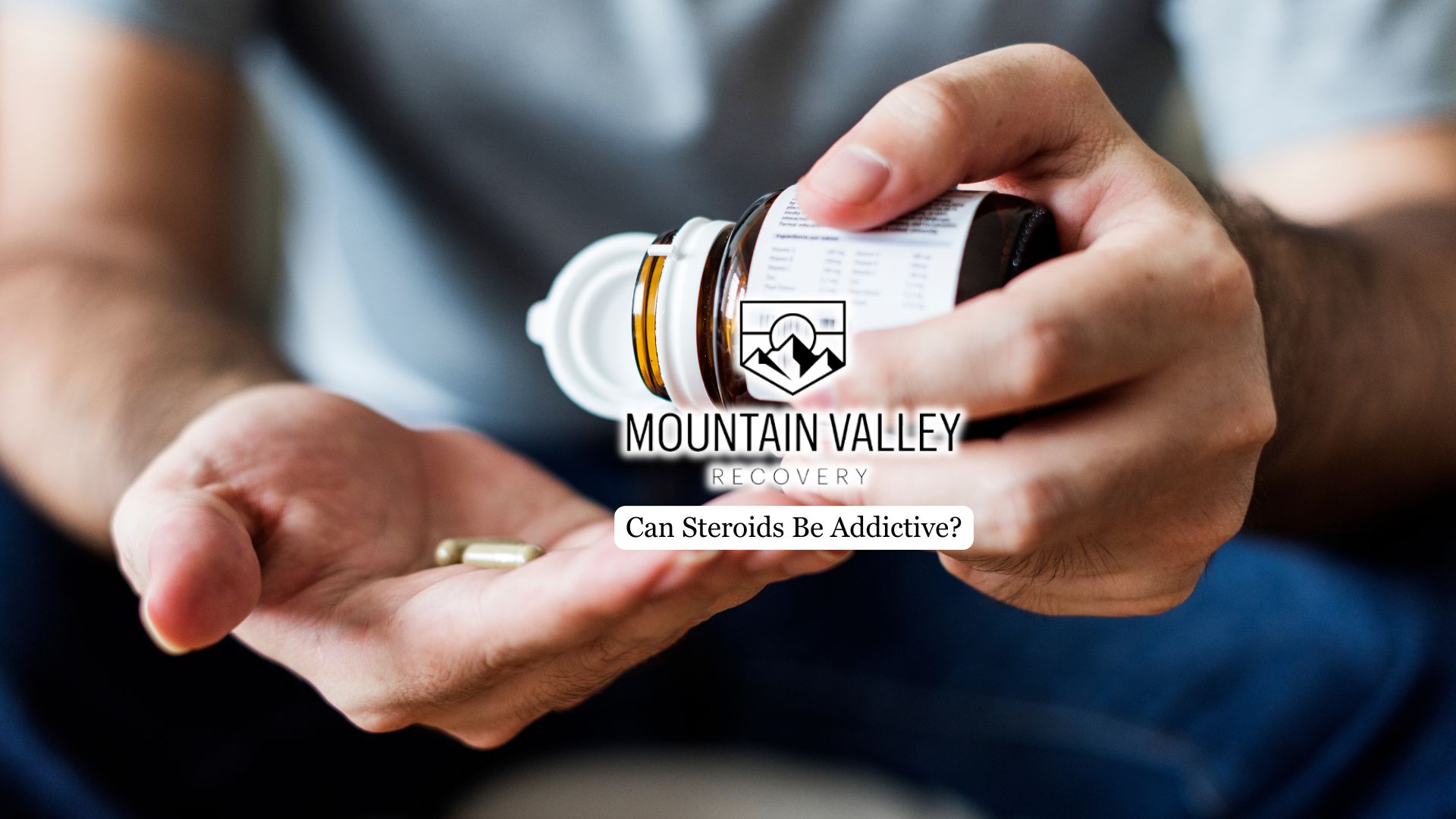Fitness plays a crucial role in addiction treatment that goes beyond the physical health benefits. It acts as a natural way to improve mood, reduce stress, and rebuild the brain’s reward system that has been damaged by substance abuse.
In this article, we will showcase the many ways that fitness, wellness, and exercise can be used in addiction treatment. We will look at the scientific evidence behind its effectiveness, the different forms it can take, and how it works together with traditional therapeutic approaches.
Physical Benefits of Exercise in Addiction Recovery
Regular physical activity when in treatment for substance abuse assists in rebuilding the body, which is often weakened by substance abuse. It enhances muscle strength, improves cardiovascular health, and stabilizes energy levels throughout the day.
Exercise aids in repairing and fortifying the body’s systems, making them more resilient to future stresses and reducing the likelihood of physical relapse.
It also promotes better sleep patterns, which are essential for physical recovery and help regulate body systems disrupted by addiction.
Engaging in routine physical activity can help maintain a healthy weight, strengthen bones and muscles, and reduce the risk of chronic diseases such as cardiovascular disease, diabetes, and certain types of cancer.
The increased blood flow during exercise delivers more oxygen and nutrients to muscles, leading to higher energy levels and improved overall physical well-being.
Mental Health Improvements Through Wellness Activities
Exercise therapy, a core component of these activities, has been shown to release endorphins that act as natural mood enhancers.
Regular physical activity not only reduces symptoms of anxiety and depression but also enhances cognitive function, leading to better memory, attention span, and decision-making skills. These improvements are crucial for maintaining focus on recovery goals throughout your journey.
Structured exercise routines can alleviate withdrawal symptoms and cravings, contributing to a more stable emotional state. As a plus, participating in group exercise fosters social connections and a sense of community, mitigating feelings of isolation and bolstering motivation.
Developing Healthy Coping Mechanisms and Routines
Creating a structured daily routine can provide stability and predictability, replacing the chaos that is often associated with substance abuse. Regular exercise is a key component of a healthy routine, as it has been shown to reduce cravings and improve mood. Maintaining proper nutrition through balanced meals is also important.
Mindfulness and meditation can help manage stress and prevent relapse, while journaling offers a way to process emotions and track progress. Building a strong support network through attendance at support groups and therapy sessions is essential for accountability and emotional support.
Engaging in self-care activities, such as getting adequate sleep and pursuing hobbies, contributes to overall well-being.

Fostering Social Connections and Support Networks
Building social connections and support networks is a vital aspect of addiction recovery, and engaging in fitness and wellness activities can be an effective way to foster these relationships.
When you participate in group exercise classes or join community-based recovery programs, you’ll have the opportunity to meet others who share similar goals and experiences. This social engagement helps reduce feelings of isolation and promotes a sense of belonging.
As you work out together and support each other’s wellness journeys, you’ll form strong bonds that enhance your emotional well-being. These connections extend beyond the gym, providing you with a reliable support network to lean on during challenging times.
Incorporating Fitness Into Comprehensive Treatment Plans
Physical activity complements addiction treatment by improving mental health, reducing cravings, and helping you develop healthy habits. An exercise routine provides structure and accountability, making it easier to avoid triggers and manage withdrawal symptoms.
Treatment plans often start with a comprehensive fitness assessment, which is then used to create personalized exercise programs that meet individual needs and preferences.
These programs typically involve a combination of strength training, cardiovascular exercises, yoga, and mindfulness practices, all of which are intended to work alongside other therapeutic interventions, such as counseling and medication-assisted treatment.
By incorporating supervised group sessions with individual activities, treatment centers create a sense of community while also allowing for personalized progress. This all-encompassing approach ensures that fitness becomes a fundamental part of the recovery process, promoting long-term sobriety and overall health improvement.
Final Thoughts from Mountain Valley Recovery
At Mountain Valley Recovery in Utah, the transformative potential of recreational therapy is utilized to deliver a distinctive and impactful method for treating addiction in men. Our specialized program acknowledges that recovery involves more than simply refraining from substance use; it’s about reconstructing a satisfying and wholesome way of life. By offering activities designed specifically for men, Mountain Valley Recovery provides an opportunity to rediscover happiness, cultivate resilience, and establish meaningful relationships within a nurturing environment.





